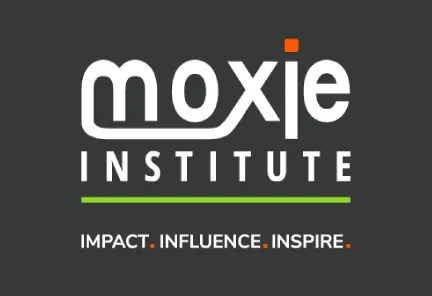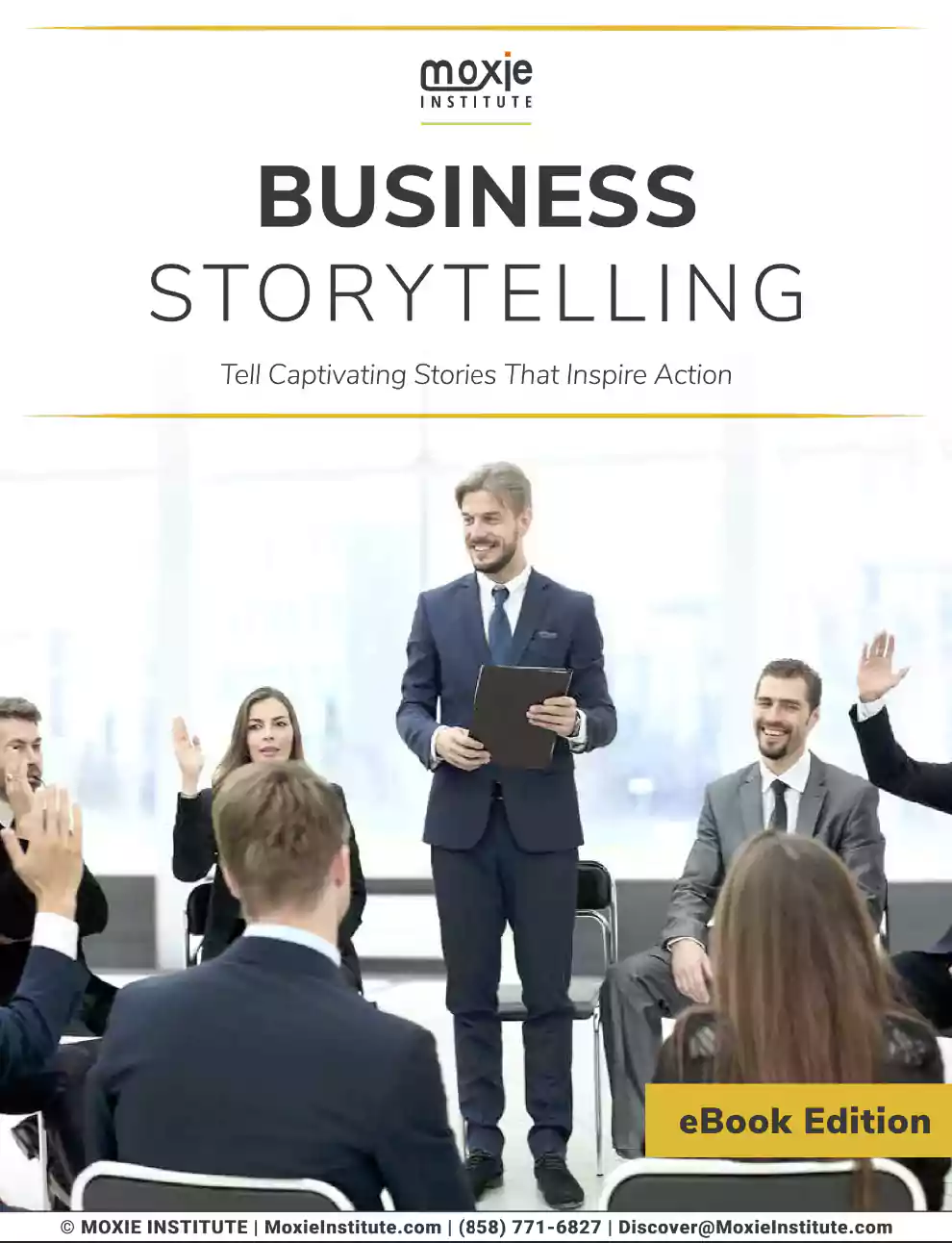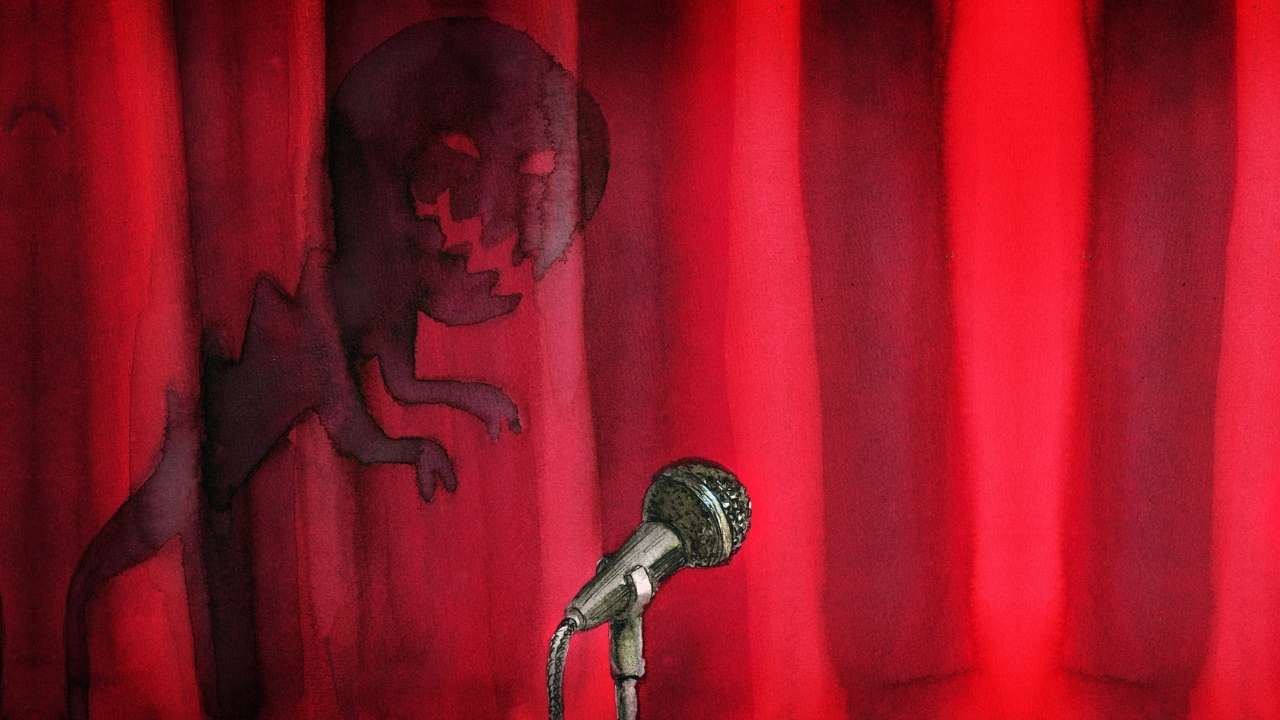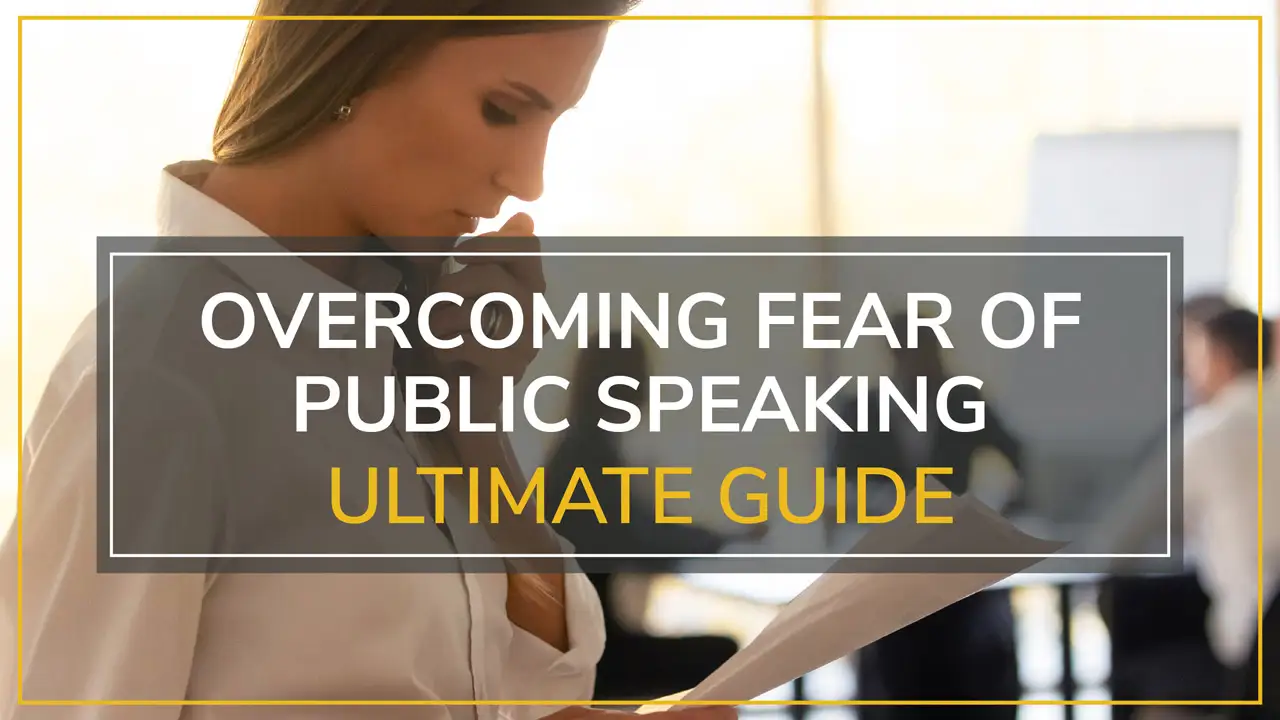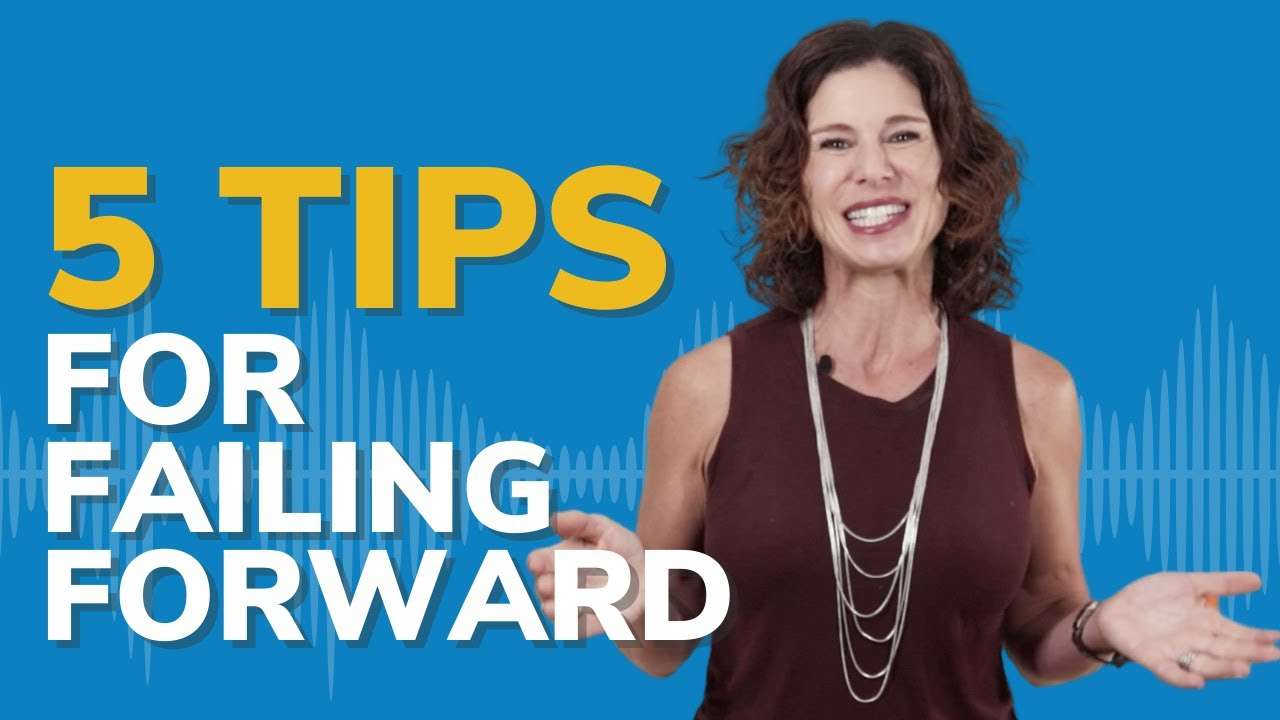“According to most studies, people’s number one fear is public speaking,” comedian Jerry Seinfeld once mused. “Number two is death. Death is number two. This means to the average person, if you go to a funeral, you’re better off in the casket than doing the eulogy.”
There are plenty of suggestions to overcome general fear, but the fear of public speaking, or glossophobia, is a bit trickier. 75 percent of the U.S. suffers from speech anxiety. That means three out of every four people would rather not talk in front of the other four.
As Mark Twain famously said, “There are two types of speakers: those that are nervous and those that are liars.” Statistically speaking, he’s definitely right.
Not even the professionals get off easy when it comes to public speaking. Presenters from TED may look cool, calm and collected. But, it’s not that easy. In his book, TED curator Chris Anderson discusses the many nervous speakers that have passed through TED’s wings.
Let’s take a look at how three notable TED speakers overcame their speech anxiety on that little red circle. Their techniques will help shed light on speaking techniques that you can use the next time you have pre-presentation jitters.
Table of Contents
ToggleDANIEL HARDMAN: THE FUNNY SIDE OF FEAR
What is the opposite of fear? Humor? Laughter? Both?
Daniel Hardman’s struggle with anxiety taught him to laugh at fear. A stand up comedian and neuroscience student, Hardman took a step back and found humor in the situation at hand. Hardman rationalizes the irrational. You can do the same.
Humor is the great unifier. Besides humanizing a speaker, humor also creates perspective. Laughing reduces anxiety, but also allows a speaker to step back and say, “I’m so worked up…over what?”
“Control is an illusion,” Hardman says. Knowing this lets a speaker throw caution to the wind. Try finding the humor in your situation.
We’re all in this together–let’s laugh about it.
Right now, take a moment to step back from your speech and find the angle that makes it all funny. Humor comes from oppositions and contradictions: what aspects of your speech push against each other? This is the breeding ground for comedy.
Write down your specific message and why it is important. This will be your fuel to power through fear.
Talk like TED: don’t let anxiety get the best of you–let fear make you better. Enjoy the experience and benefit from that enjoyment on stage.
JOE KOWAN: “I HAVE NEVER BEEN MORE TERRIFIED…UNTIL NOW”
Joe Kowan, a graphic designer and musician, had a problem. He craved connecting with an audience through his music–not an unusual goal for an artist or speaker. His issue: his intense fear of public speaking.
In his TED Talk, Kowan talks about his “flight or fight” response to performing for crowds. How did he overcome it? He didn’t. Instead, Kowan incorporated his fear into his act.
“By having a song that explained what was happening to me, while it was happening,” Kowan explains, “that gave the audience permission to think about it. They didn’t have to feel bad for me because I was nervous–they could experience that with me.”
Embracing his stage fright allowed Kowan to perform his set. To overcome your own public speaking anxiety, use your fear. Turn that nervousness into excitement. Doing this will stop your fear from inhibiting you. Make it an asset.
How do you turn fear into excitement? It comes back to your message. Be excited to deliver it because of its importance.
Know the significance of your message. Find humor in your situation. Embrace fear. By doing all three, you’ll not only overcome your stage fright, you’ll rise above it.
MONICA LEWINSKY: KNOW WHAT YOU SAY MATTERS
Chris Anderson’s book talks about the great fear Monica Lewinsky felt before and during her TED Talk.
After years of public ridicule and shame, Monica Lewinsky decided to come forward. “‘The shame sticks to you like tar,’ she told The Guardian.” This was her chance to set the record straight about her shame. But would everyone’s preconceived thoughts drown out her words?
But Monica Lewinsky knew that what she had to say mattered. In fact, she wrote it at the top of the notes she brought on stage. Every time Lewinsky glanced at the music stand that held her papers, she saw, “THIS MATTERS.”
Realizing the importance of your message minimizes your fear. You shouldn’t be nervous–your audience wants and needs to hear what you have to say. Your message is more important than your fear.
TAKE THE FIRST STEP TO MASTER POWERFUL NEW SKILLS
Schedule an easy 30-minute call using our calendar. We’re here to help!
